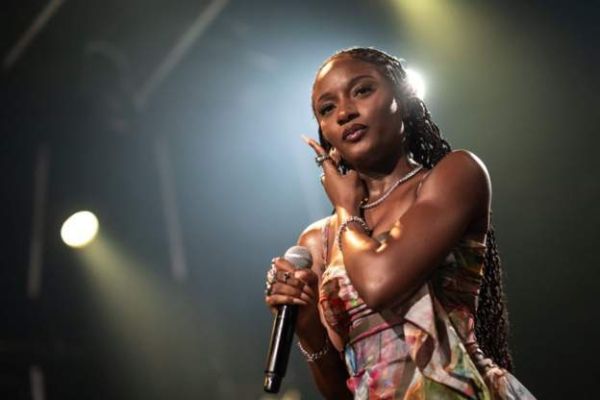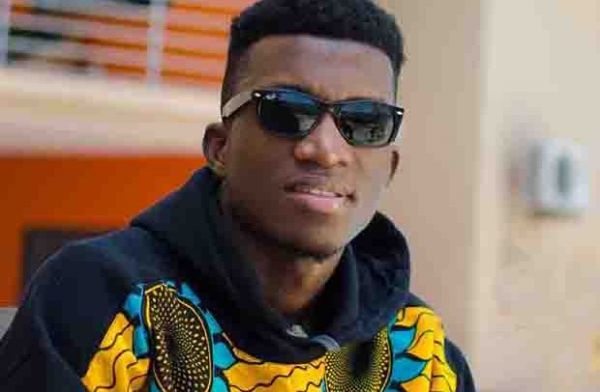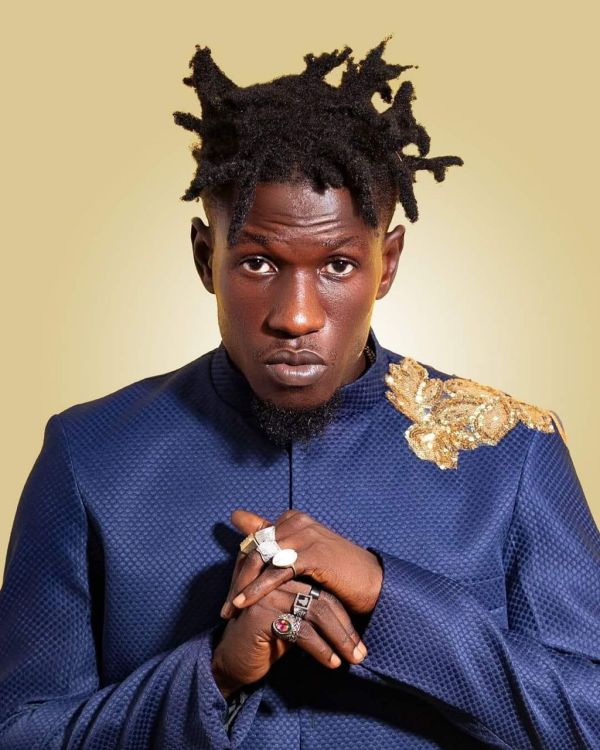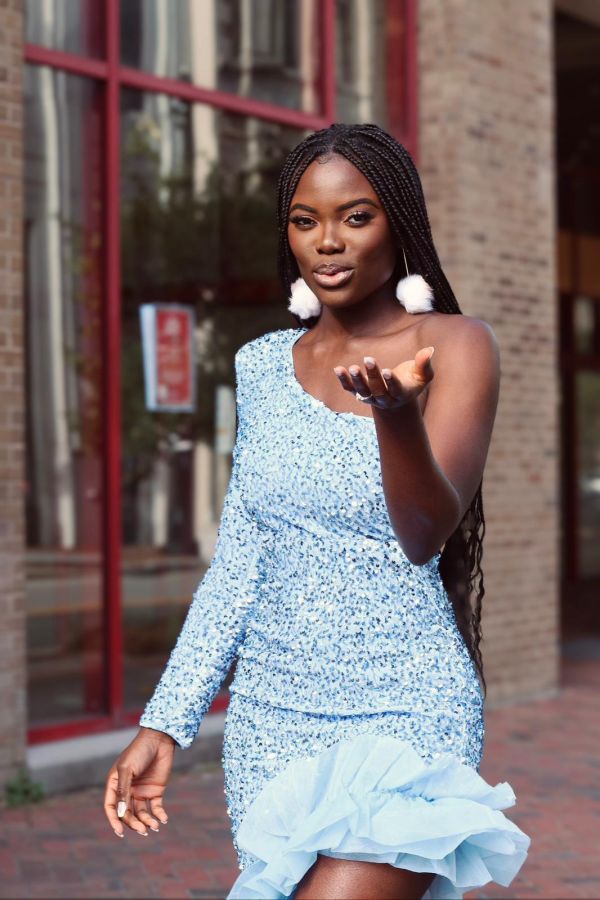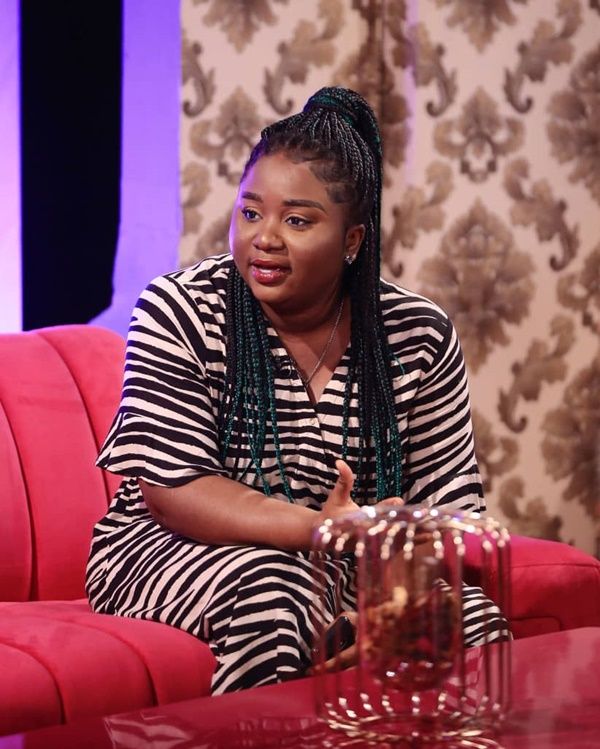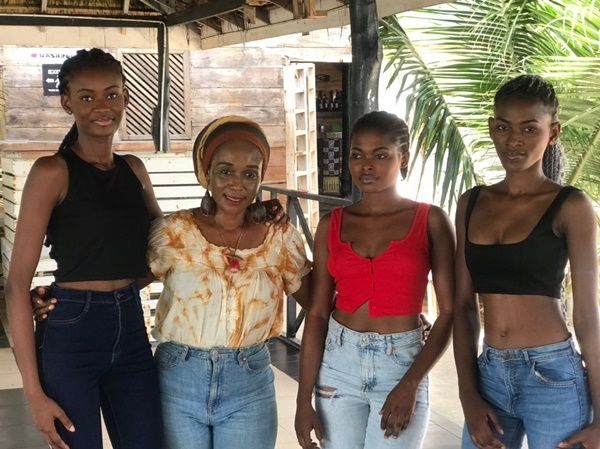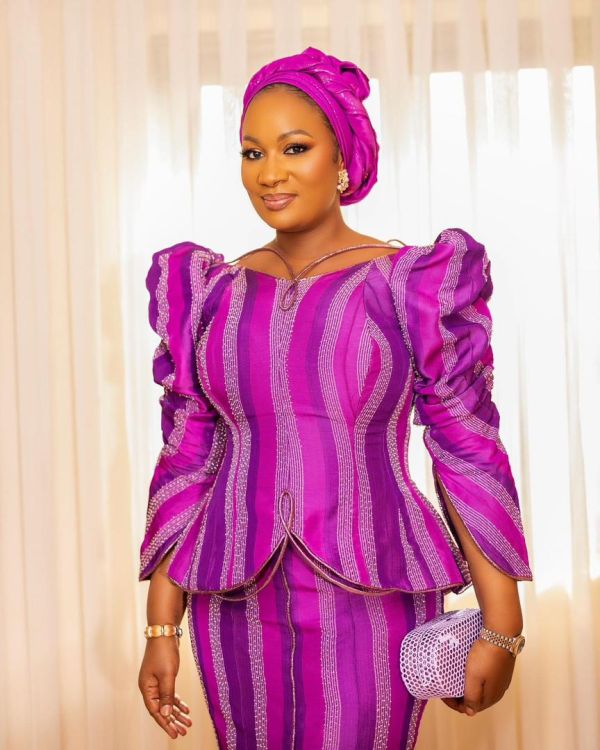
The textile and fashion industry in Ghana has played a significant role in the country's economy by providing employment opportunities for a large workforce, including designers, marketers, and consultants, among others.
Ghana has a rich history of textile production, pre-dating colonial times. In ancient times, yards of fabric were spun from raw materials such as cotton and raffia using traditional wooden looms. These looms are still in use today to create iconic Ghanaian fabrics like kente and Gonja cloth.
In the late 1970s, the textile industry was vibrant, with 16 large companies employing about 25,000 people and contributing to 27% of total manufacturing employment. However, by 2005, many of the textile companies had folded up, leaving only four major surviving ones: Ghana Textile Manufacturing Company (GTMC), Akosombo Textile Limited (ATL), Ghana Textile Product (GTP), and Printex. These surviving companies now have a combined workforce of just 2,961 workers.
I recall that during President John Kufuor’s tenure, he made several efforts to revive the industry. The easiest that comes to mind is when he designated Friday as "Wear Ghana" day for civil servants and the general worker population. That caught on. He also leveraged trade agreements like the African Growth and Opportunities Act (AGOA) and the Economic Partnership Agreement (EPA) for duty-free exports to the US and EU markets to promote more “Made in Ghana” products.
However, the rising production costs of African fabric wear and the high importation and sales of second-hand clothing, made it difficult for Ghanaians to generally appreciate African fabric.
In recent times, one influential person who has championed the use of Ghanaian and African textiles and has indeed helped to bring attention to the industry and to attract and boost the fashion industry is Samira Bawumia, the wife of Ghana’s Vice President, H.E. Dr. Mahamudu Bawumia.
Mrs. Bawumia has, in recent times, made a significant impact on Ghana’s textile and fashion industry through her consistent choice of African prints as attire for public functions. This has had a significant impact on young people who look up to her.
Through her fashion choices, Mrs. Bawumia not only celebrates African culture but also encourages young people to embrace their heritage. The vibrant African prints she wears symbolize resilience, creativity, and pride. By doing so, she sends a powerful message: our roots matter, and we can blend tradition with modernity to create positive change.
Samira Bawumia’s choice of African prints as her attire for public functions resonates deeply with young people, fostering a sense of identity, pride, and responsibility. As they emulate her, they not only embrace their cultural heritage but also contribute to the global fight against climate change and sustainable development.
The industry has contributed to the growth of the economy by creating value-chain employment and generating revenue through the production and sale of fashion products.
As of 2020, the National Identification Authority's (NIA) data captured over 260,000 people in the tailors, sewers, and dressmakers category, giving an overview of what the fashion sector looked like as well as its potential for scale-up.
There are diverse apparel outlets, such as physical shops, boutiques, open-air markets, and online shops (social media and web stores), involved in the sale of ready-to-wear (RTW). The value chain of the industry is enormous - from technical and industrial players to research, ICT, and human resources to finance, procurement, and transportation, among others. These players are found at all levels of the textile and apparel value chain.
0
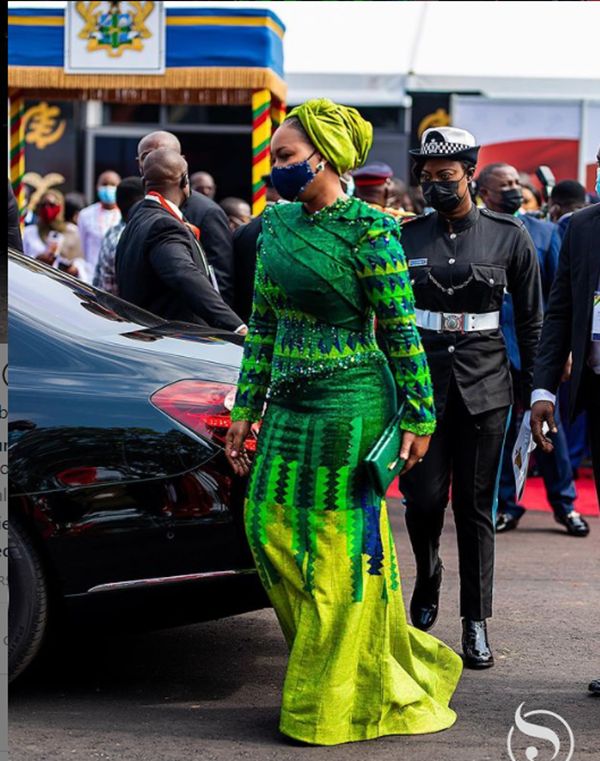
I spoke to one young fashion designer in Accra to know his thoughts on Samira’s influence on the fashion scene in Ghana. “Madam Samira has been instrumental in showcasing the Ghanaian fashion industry to the international community. Samira amazed us with her incredible clothing, which was primarily created from smocks and Ghanaian fabric while remaining faithful to her sense of style,” he told me.
“We adore Samira because she has significantly contributed to the rise in popularity of Ghanaian fabric, which has influenced the designs of many fashion designers, including us.”
Samira Bawumia has captured hearts and minds with her crisp fashion style, since being thrust into the public eye heading into the 2016 general election when New Patriotic Party presidential candidate Nana Akufo-Addo made her husband, Dr. Mahamudu Bawumia, his running mate,
By consistently wearing African prints, she showcases the beauty, versatility, and cultural significance, as well as the rich heritage of Ghanaian textiles. By wearing locally-made designs, she encourages others to appreciate and embrace African prints, fostering a sense of pride and identity.
Mrs. Bawumia skillfully combines luxury items with Ghanaian brands. Her preference for homegrown fashion labels has elevated their visibility and market appeal. Her endorsement of local designers has led to increased demand for their creations, benefiting the entire textile and fashion ecosystem and boosting local brands.
Notable designers and stylists behind her dazzling outfits include Pistis Ghana, Yartel, Stylista, Sima Brew, Debbie Designs, among others.
Another giant in the field is the Ankara Affair. Samira skillfully merges contemporary designs with traditional African prints, and her affinity for Ankara fabrics is evident.
Ahead of Ghana’s 67th Independence Day celebration, fashion enthusiasts, industry players, fashion critics, and Ghanaians will be looking forward to seeing what the Second Lady of Ghana will wear. Her consistency and unique style of fashion at the independence parade have, over the years, been applauded by many. While her style has been described as elegant and modern, she still stays true to traditional Ghanaian fashion.
She is expected to dazzle thousands of visitors and fashion enthusiasts with her high fashion sense at the celebration. The Second Lady of Ghana is the epitome of a classy African woman, as she manages to look stylish at any state event in African print.

